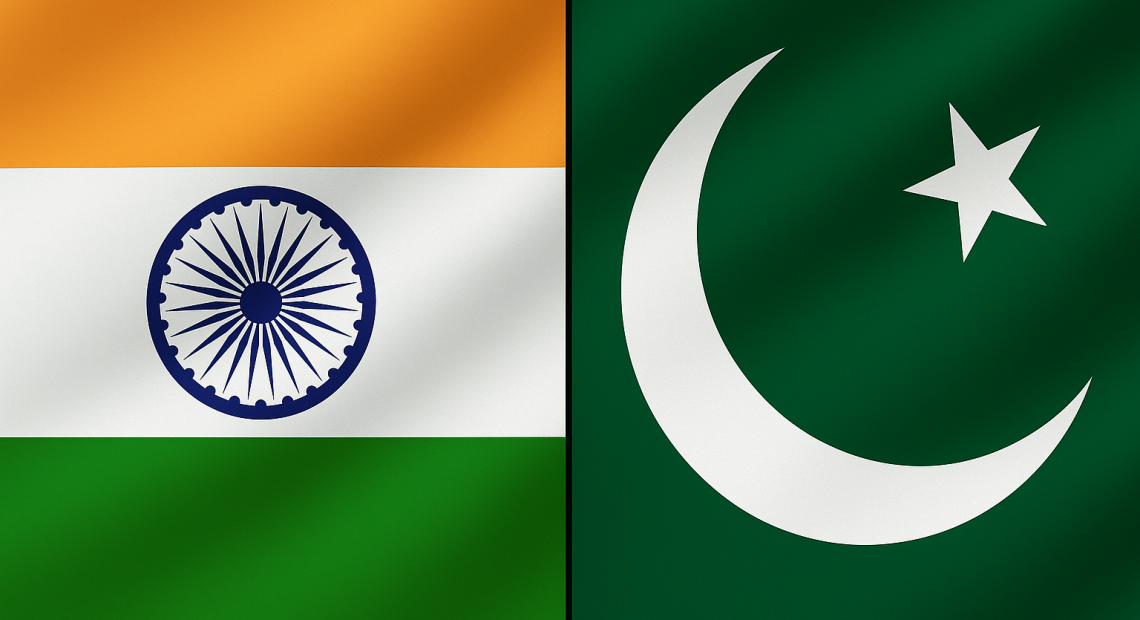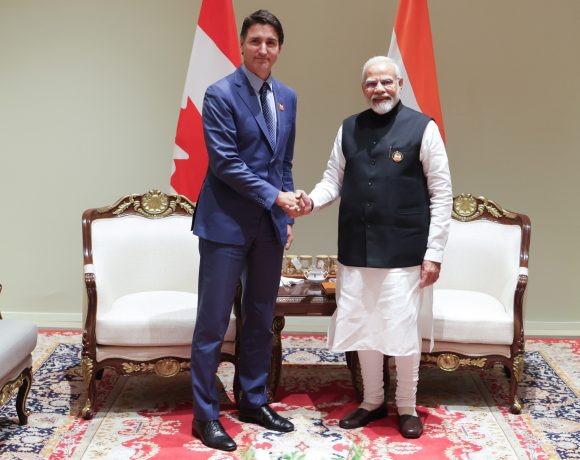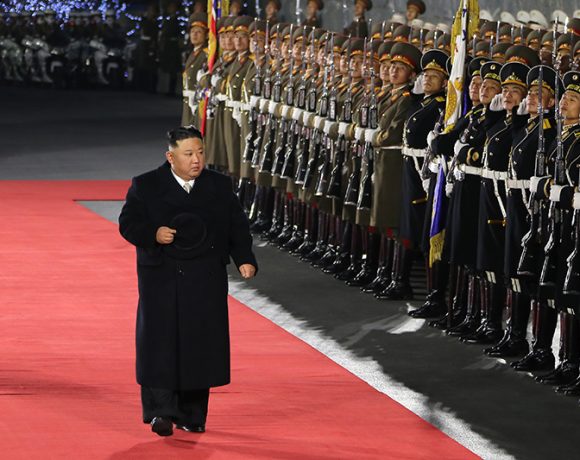
UNSC Holds Closed-Door Talks on India-Pakistan Tensions
The United Nations Security Council (UNSC) is holding closed-door consultations today, May 5, 2025, to address escalating tensions between India and Pakistan following the recent Pahalgam terror attack. The meeting was convened at Pakistan’s request, citing concerns over regional stability and security.
Background: The Pahalgam Attack and Its Aftermath
On April 22, 2025, a terrorist attack in Pahalgam, Jammu and Kashmir, resulted in the deaths of 26 civilians, including 25 Indian tourists and one local resident. The Resistance Front (TRF), an offshoot of the Pakistan-based Lashkar-e-Taiba, initially claimed responsibility but later retracted. India has accused Pakistan of supporting cross-border terrorism, leading to a series of retaliatory measures.
Diplomatic Fallout and Military Escalation
In response to the attack, India suspended the Indus Waters Treaty, expelled Pakistani diplomats, and closed its borders. Pakistan countered by suspending the Simla Agreement, restricting trade, and closing its airspace to Indian aircraft. Skirmishes along the Line of Control (LoC) have been reported since April 24, raising fears of further escalation between the nuclear-armed neighbors.
UNSC’s Role and International Reactions
Greece, presiding over the UNSC for May, scheduled the closed-door meeting to discuss the situation. Ambassador Evangelos Sekeris emphasized the Council’s concern over rising tensions and the need to address terrorism in all forms.
The international community has expressed concern over the deteriorating situation. The United States, United Kingdom, and Russia have issued travel advisories, while China and Iran have called for restraint and offered to mediate.
Outlook
As the UNSC deliberates, the focus remains on de-escalation and diplomatic engagement to prevent further deterioration of India-Pakistan relations. The outcome of the consultations may influence future actions and the broader regional security landscape.


















